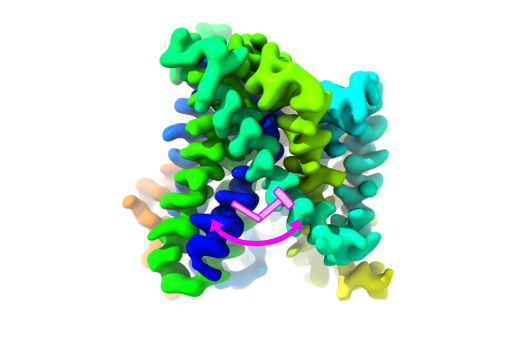Images
Participants

Contact

Researchers at the Centre for Genomic Regulation (CRG) in collaboration with IRB Barcelona, developed a new method to systematically identify genes contributing to heritable cancer risk.
The study, published in Nature Communications, is a success story for data sharing and openness in science.
There are many genetic causes of cancer: while some mutations are inherited from our parents, others are acquired all throughout our life due to external factors or due to mistakes in copying DNA. Large-scale genome sequencing has revolutionised the identification of cancers driven by the latter group of mutations – somatic mutations – but it has not been as effective in the identification of the inherited genetic variants that predispose to cancer. The main source for identifying these inherited mutations is still family studies.
Researchers have developed a new statistical method to identify cancer predisposition genes from tumour sequencing data. The method allows researchers to find risk variants without a control sample, meaning that they do not need to compare cancer patients to groups of healthy people.
“Our results show that the new cancer predisposition genes may have an important role in many types of cancer. For example, they were associated with 14% of ovarian tumours, 7% of breast tumours and to about 1 in 50 of all cancers. For example, inherited variants in one of the newly-proposed risk genes – NSD1 – may be implicated in at least 3 out of 1,000 cancer patients”, explains Fran Supek, group leader of the Genome Data Science Lab at IRB Barcelona.
The work, which is published in Nature Communications, presents their statistical method ALFRED and identifies 13 candidate cancer predisposition genes, of which 10 are new. “We applied our method to the genome sequences of more than 10,000 cancer patients with 30 different tumour types and identified known and new possible cancer predisposition genes that have the potential to contribute substantially to cancer risk”, says Ben Lehner, principal investigator of the study.
The researchers worked with genome data from several cancer studies from around the world, including The Cancer Genome Atlas (TCGA) project and also from several projects having nothing to do with cancer research.
Reference article:
Solip Park, Fran Supek, and Ben Lehner. ‘Systematic discovery of germline cancer predisposition genes through the identification of somatic second hits’ Nature Communications (2018) 9:2601 | DOI: 10.1038/s41467-018-04900-7
More information: CRG
About IRB Barcelona
The Institute for Research in Biomedicine (IRB Barcelona) pursues a society free of disease. To this end, it conducts multidisciplinary research of excellence to cure cancer and other diseases linked to ageing. It establishes technology transfer agreements with the pharmaceutical industry and major hospitals to bring research results closer to society, and organises a range of science outreach activities to engage the public in an open dialogue. IRB Barcelona is an international centre that hosts 400 researchers and more than 30 nationalities. Recognised as a Severo Ochoa Centre of Excellence since 2011, IRB Barcelona is a CERCA centre and member of the Barcelona Institute of Science and Technology (BIST).





